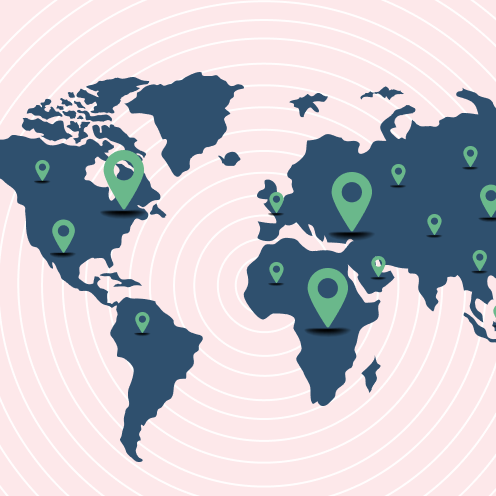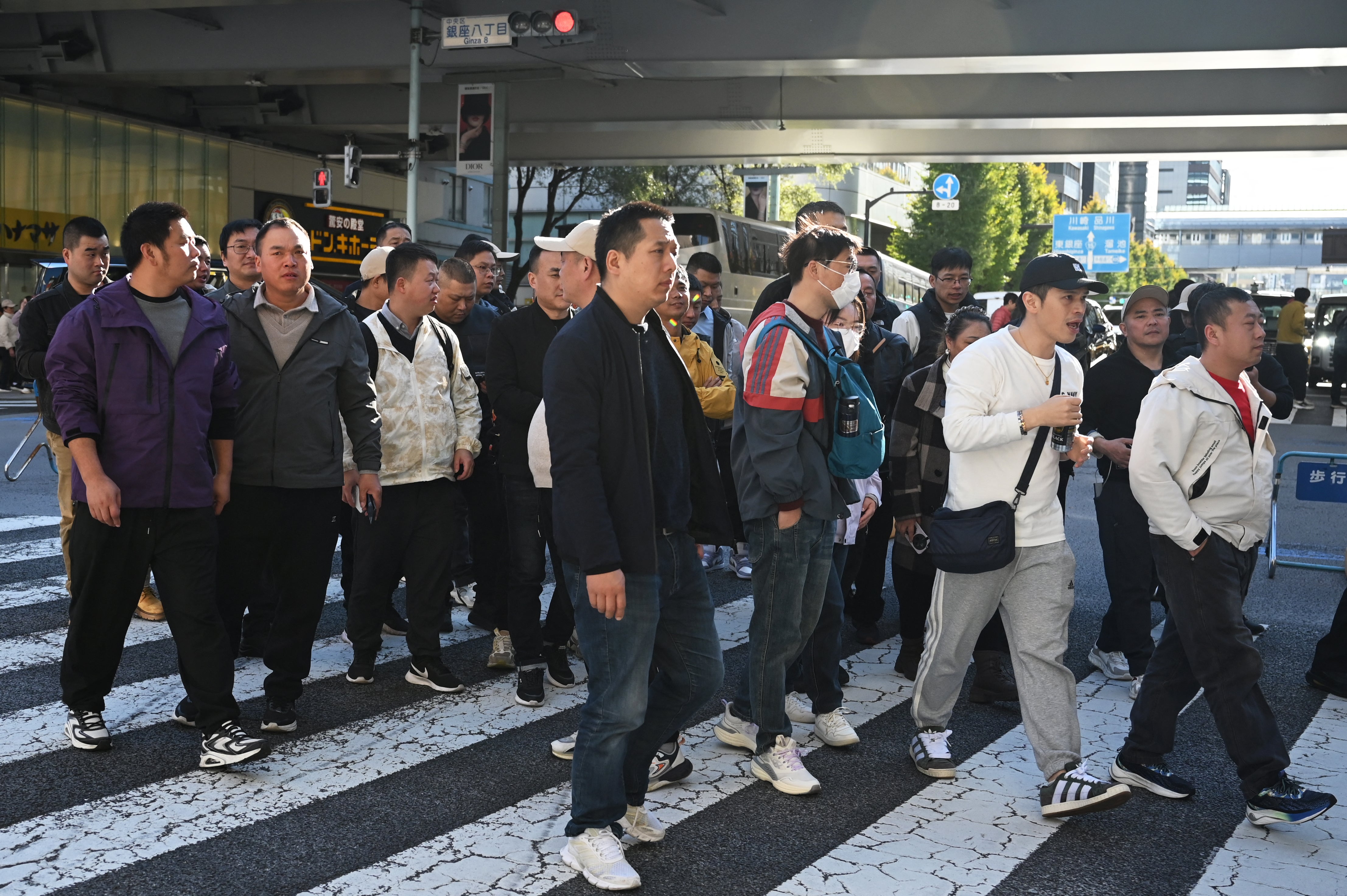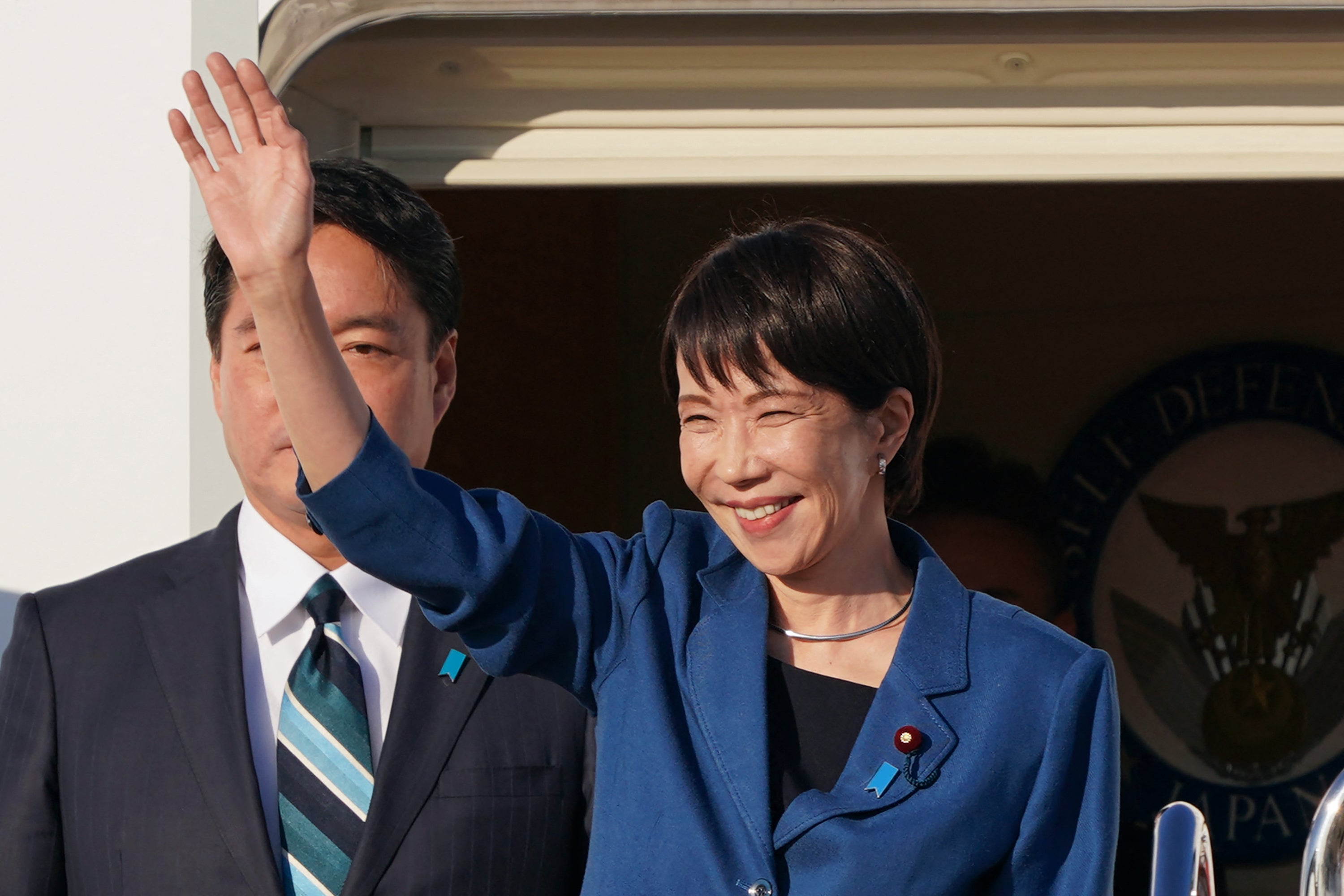- Asia
- Japan
Beijing says ‘shocking’ to see Tokyo sending wrong signal to Taiwan
Shweta SharmaMonday 24 November 2025 06:07 GMTComments
 CloseRelated: Diplomatic row between Japan and China starts to take economic toll
CloseRelated: Diplomatic row between Japan and China starts to take economic toll
On The Ground newsletter: Get a weekly dispatch from our international correspondents
Get a weekly dispatch from our international correspondents
Get a weekly international news dispatch
 Email*SIGN UP
Email*SIGN UPI would like to be emailed about offers, events and updates from The Independent. Read our Privacy notice
Japan was going ahead with its plans to deploy missiles to a military base near Taiwan, its defence minister said, prompting China to fume that Tokyo had “crossed a red line”.
Shinjiro Koizumi travelled to Japan’s military base on the westernmost island of Yonaguni, nearly 11km from Taiwan, on Sunday and reaffirmed Tokyo’s plans to reinforce the region’s defence.
“The deployment can help lower the chance of an armed attack on our country,” Mr Koizumi said. “The view that it will heighten regional tensions is not accurate.”
The minister told the mayor of Yonaguni, Tsuneo Uechi, that Tokyo was still working on the missile deployment plans and would share details with the local administration and the residents once they were finalised.
“Today, Japan faces the most severe and complex security environment since the end of World War II. It’s important to strengthen our defence capabilities to protect the lives and peaceful livelihoods of the Japanese people,” Mr Koizumi said, adding that “cooperation from local communities is important” amid increasing concerns over a deteriorating relationship between China and Japan.
 open image in galleryTourists from China cross a road in the Ginza shopping district of Tokyo on 22 November 2025 (AFP via Getty)
open image in galleryTourists from China cross a road in the Ginza shopping district of Tokyo on 22 November 2025 (AFP via Getty)Japan plans to deploy medium-range surface-to-air missiles on Yonaguni – making it a frontline of defence in the event of a Chinese attack on Taiwan – as part of its broader military build-up across the southern island chain.
Tokyo is locked in an escalating diplomatic crisis with Beijing after new prime minister Sanae Takaichi raised the possibility of deploying the Japanese military to defend Taiwan in the event of a Chinese attack. Beijing regards the self-ruling island as a province that must be brought under its control.
Her comments, made during a parliamentary address earlier this month, drew a sharp response from China and prompted a ban on seafood imports from Japan.
“It is shocking that Japan’s current leaders have publicly sent the wrong signal of attempting military intervention in the Taiwan issue, said things they shouldn’t have said, and crossed a red line that should not have been touched,” foreign minister Wang Yi, the most senior Chinese official to publicly address the issue, said on Sunday.
On Friday, Beijing had sent a letter to UN secretary general António Guterres, criticising Ms Takaichi’s remarks as a “grave violation of international law” and diplomatic norms.
“If Japan dares to attempt an armed intervention in the cross-Strait situation, it would be an act of aggression,” China’s UN ambassador, Fu Cong, warned in the letter. “China will resolutely exercise its right of self-defence under the UN Charter and international law and firmly defend its sovereignty and territorial integrity.”
 open image in galleryJapan's Sanae Takaichi waves waves as she departs for the G20 summit in South Africa (AFP via Getty)
open image in galleryJapan's Sanae Takaichi waves waves as she departs for the G20 summit in South Africa (AFP via Getty)In response to the letter, Japan's foreign ministry dismissed China's claims as "entirely unacceptable" and said Tokyo’s commitment to peace was unchanged.
Ms Takaichi and Chinese premier Li Qiang found themselves under the same roof at the G20 summit in South Africa this weekend, but the two did not exchange words.
After attending the summit in her G20 debut, the Japanese leader said that she hadn’t arranged a meeting with Mr Li.
"Since I became prime minister, Japan's intention to build mutually beneficial, constructive and stable ties remains unchanged," Ms Takaichi said.
"Japan is open to dialogue at various levels. There are concerns and issues between Japan and China,” she added. “That's why we should work to reduce them, understand each other and cooperate more. Of course, it is important for Japan to say what needs to be said to China."
Yonaguni, where Tokyo plans to deploy missiles, is the endpoint of the Ryukyu island, which served as a centre of trade between Japan, China and Southeast Asia before it was designated as Japanese territory and renamed Okinawa prefecture in 1879.
A Chinese missile landed just south of Yonaguni in 2022 when it started a military drill simulating an encirclement of Taiwan after the then US House Speaker Nancy Pelosi’s visit to the island.
The ongoing diplomatic crisis has raised worries among the residents of the Ryukyu island being embroiled in the regional conflict.
When asked about the potential impact on the island of a Taiwan crisis, Mr Koizumi said that he would “refrain from answering a question based on the assumption of a possible contingency over Taiwan”.
More about
Sanae TakaichiShinjiro KoizumiTaiwanWang YiJoin our commenting forum
Join thought-provoking conversations, follow other Independent readers and see their replies
Comments


